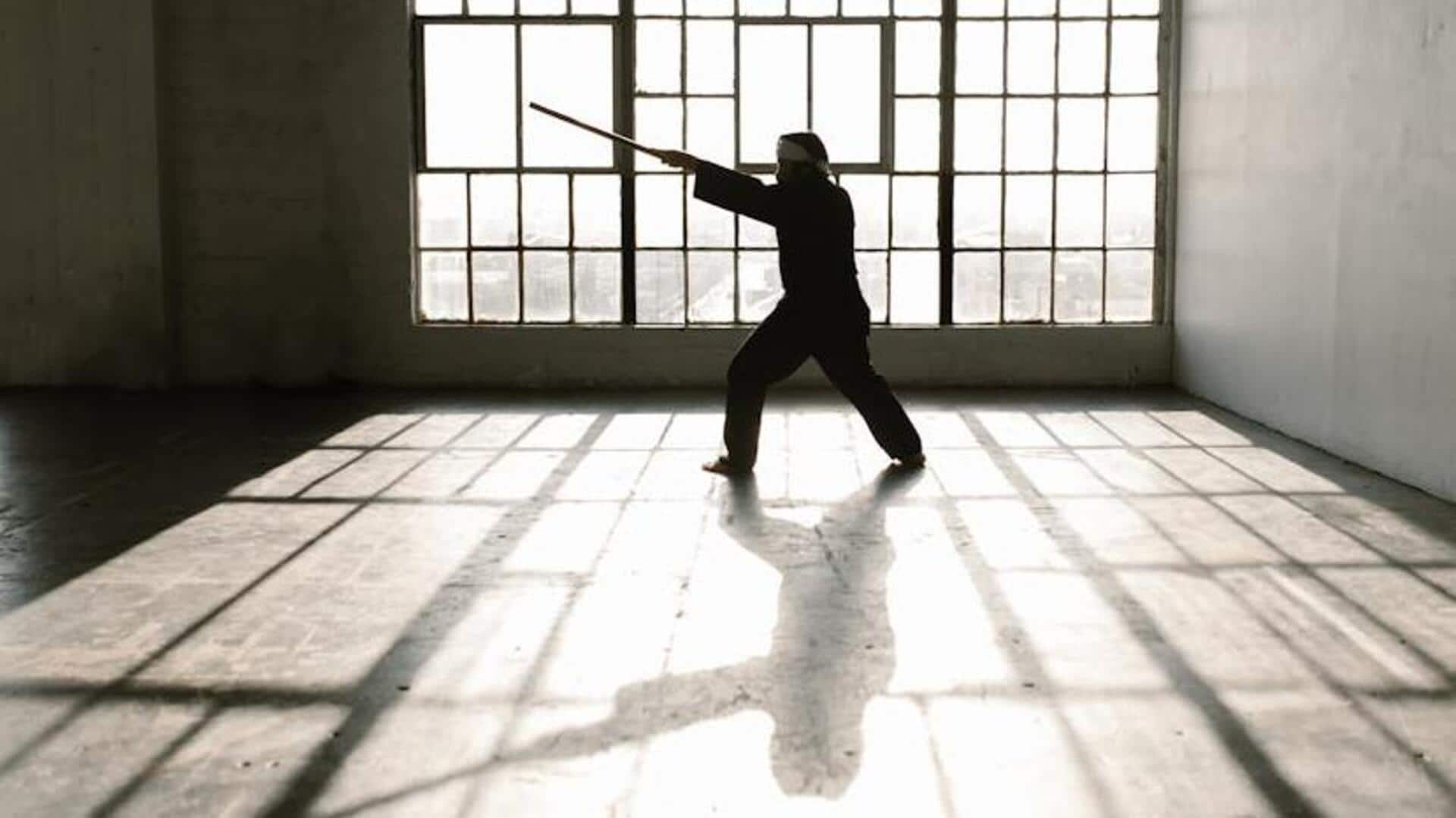
Walking v/s Tai Chi: Which is better for brain health?
What's the story
Walking and Tai Chi are two widely popular activities known for their health benefits.
Both have been associated with improved brain flexibility (which is essential for cognitive function).
While walking is a simple exercise that can be performed almost anywhere, Tai Chi consists of a series of slow, deliberate movements and poses.
Here, we look at the effect of these activities on brain flexibility, and how each might benefit your mental agility.
Cognitive boost
Walking's impact on cognitive health
We also know that walking helps to improve cognitive health by increasing blood flow to the brain.
If you walk regularly, your memory and attention span will improve.
Studies also suggest that people who walk regularly can have up to a 20% reduction in the risk of cognitive decline as they grow old.
The simplicity of walking makes it a go-to option for many wanting to stay mentally sharp.
Mindful movement
Tai Chi's role in mental agility
Tai Chi has the dual benefit of physical movement and mindfulness, making it a great way to boost mental agility.
Practicing Tai Chi has been linked to improved executive function and working memory.
The focus required during the Tai Chi sessions helps reduce the stress levels, which indirectly aids better brain health.
Regular practice of this could show significant improvements in concentration and problem-solving skills.
Physical effects
Comparing physical benefits
Both walking and Tai Chi provide physical benefits that contribute to overall well-being.
Walking strengthens cardiovascular health and helps in maintaining weight, while Tai Chi improves balance and flexibility with its gentle movements.
These physical benefits also contribute to supporting brain health by ensuring proper oxygen supply and lowering stress-related hormones.
Community connection
Social aspects of each activity
Whether you choose to walk or practice Tai Chi, both activities can serve as social outlets that contribute to mental health.
Group walks or community-based Tai Chi classes can be great opportunities for social interaction, which is a key component of emotional well-being.
Social engagement through these activities can help alleviate feelings of loneliness or isolation, further aiding cognitive resilience.